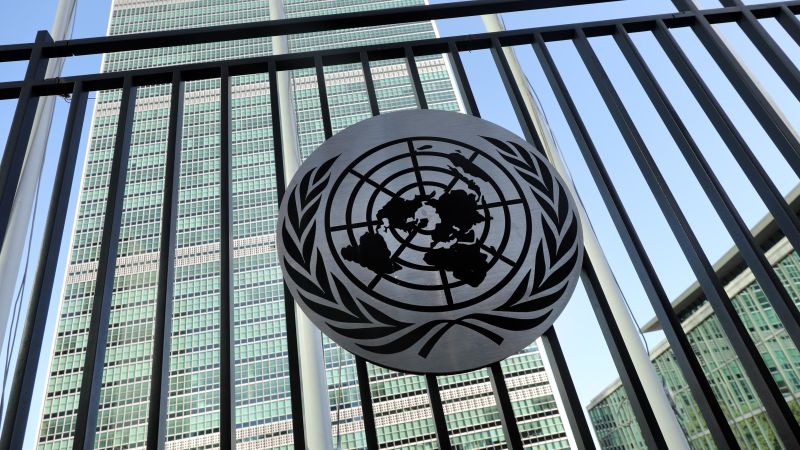South Korea’s economy beats growth forecasts
Asia’s fourth-largest economy grew 2.9 percent year-on-year in the second quarter.
South Korea’s economy grew ahead of expectations in the second quarter as easing pandemic curbs spurred robust consumption, bolstering the case for further interest rate hikes to tame rising inflation.
Asia’s fourth-largest economy expanded 0.7 percent between April and June, compared with 0.6 percent the previous quarter, Bank of Korea (BOK) data showed on Tuesday.
The expansion, which was ahead of market forecasts, equated to year-on-year growth of 2.9 percent, compared with 3 percent during the previous quarter.
The faster-than-expected growth is likely to encourage the central bank to roll out further increases to the benchmark rate in the coming months, after unveiling an unprecedented 0.5 percentage point hike earlier this month.
Min Joo Kang, senior economist for South Korea and Japan at ING, said the upbeat result would give the BOK “some relief that it can focus on its inflation-targeting mandate for the time being”.
Kang said she expected the BOK to roll out two .25 percentage point hikes in August and October.
South Korea’s inflation in June hit 6 percent, the highest level since November 1998 during the Asian financial crisis.
While South Korea’s private spending rebounded strongly on the back of eased social distancing measures, exports and corporate investment slumped as China’s slowing economy, the war in Ukraine and rising global interest rates dragged on growth.
Exports shrank 3.1 percent during the April-June period, the biggest drop in two years, while capital investment fell by 1 percent.
“The main surprise was, of course, stronger than expected consumption, which was mainly driven by the reopening,” Kang said.
“However, we think that the reopening-boosted spending is expected to lose its initial steam and normalise in the current quarter. And, going forward, consumer’s purchasing power is expected to weaken as the faster-than-expected interest rate hikes should put more burden on debt payment and consumer spending, while inflation is expected to accelerate during the current quarter.”



